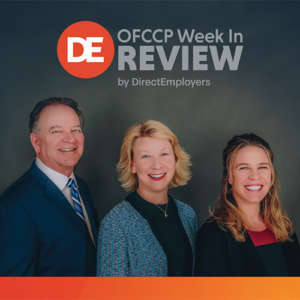
- OSHA Issued COVID-19 Risk Reduction Poster
- Presidential Proclamation of World Autism Day
- The Big Reveal! OFCCP Audit Scheduling Letters Approved
- OSHA Expanded Facepiece Guidance
- OSHA Champions Anti-Retaliation for Reporting Unsafe Working Conditions
- USERRA and COVID-19
- EEOC Updated It’s COVID-19 Assistance
- OFCCP Request for Comments on Its Complaint Form
- WHD Corrections to FFCRA
- NLRB Now Delays Final Rule Effective Date
- NILG Conference Cancelled
- USDOL Announced Guidance on Unemployment Compensation
- OSHA Issued Guidance on COVID-19 Reporting
Monday, April 6, 2020: OSHA Issued COVID-19 Risk Reduction Poster
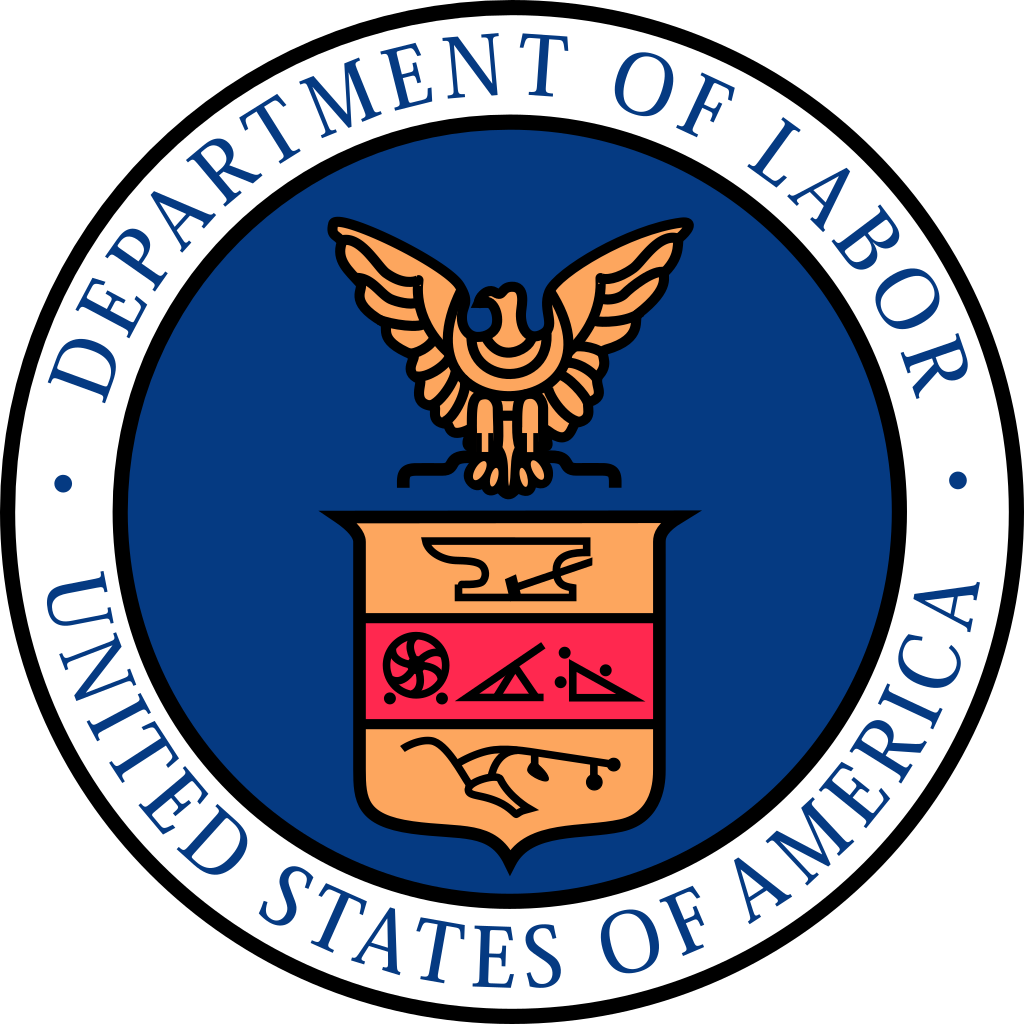
The poster highlights ten infection prevention measures every employer can implement to protect workers’ safety and health during the coronavirus pandemic. Safety measures include:
- encouraging sick workers to stay home,
- establishing flexible worksites and staggered work shifts,
- discouraging workers from using other workers’ phones, desks, and other work equipment,
- using Environmental Protection Agency-approved cleaning chemicals with label claims against the coronavirus.
The new poster is available for download in English or Spanish.
Visit the OSHA’s Publications webpage for other useful workplace safety information.
Tuesday, April 7, 2020: Presidential Proclamation of World Autism Day

President Trump proclaimed, “…by virtue of the authority vested in me by the Constitution and the laws of the United States, [I] do hereby proclaim April 2, 2020, as World Autism Awareness Day. I call upon all Americans to learn more about the signs of autism to improve early diagnosis, understand the challenges faced by individuals with autism, and find ways to support those with autism and their families.”
DirectEmployers Supports Autism Awareness
Join the DE webinar on Tuesday, April 14, 2020, as Haley Moss, Attorney and Neurodiversity Activist hosts “Incorporating Neurodiversity into the Workplace.”
Tuesday, April 7, 2020: The Big Reveal! OFCCP Audit Scheduling Letters Approved
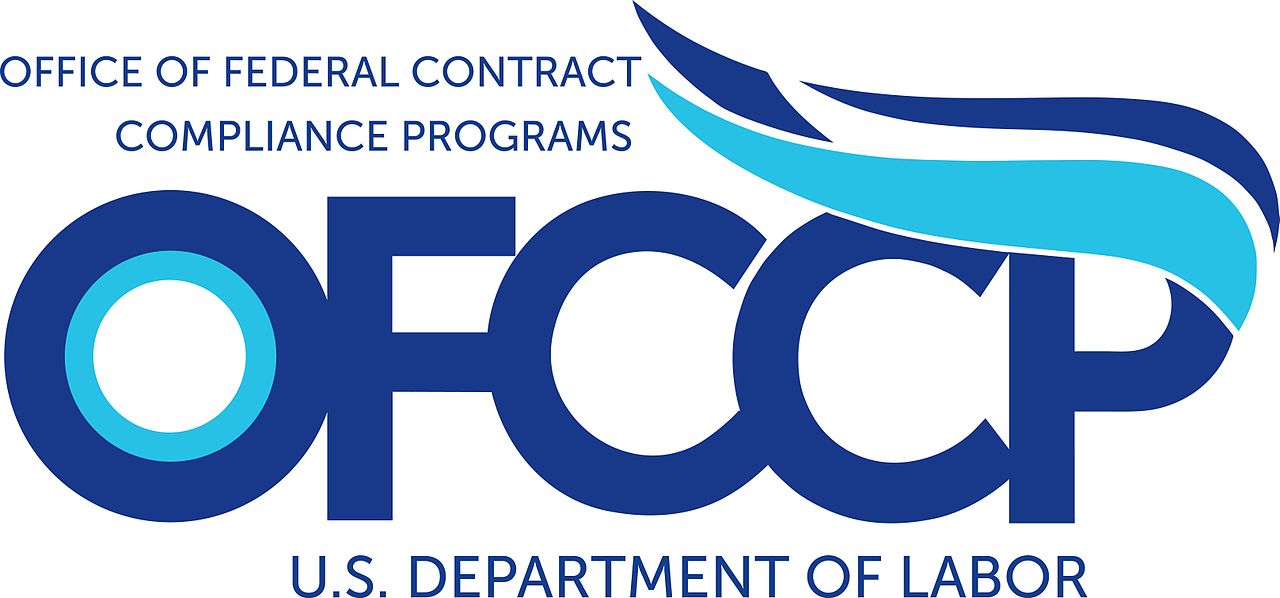
We reported last April that the revised Scheduling Letters were available for public comment, and several of the proposed Letters had included significant changes. DE compiled Member feedback and supplied to OFCCP for consideration. Our comments were well received and as a result, the newly approved audit Scheduling Letters are largely unchanged as to substance and contain merely grammatical revisions. OMB has approved all six letters for OFCCP’s use for three years, expiring April 30, 2023.
For a detailed breakdown of the Letters, DE’s comments, and final outcomes, see our bonus feature.
Wednesday, April 8, 2020: OSHA Expanded Facepiece Guidance

Wednesday, April 8, 2020: OSHA Champions Anti-Retaliation for Reporting Unsafe Working Conditions

Employees have the right to file a whistleblower complaint online with OSHA if they believe their employer has retaliated against them for exercising their rights under the whistleblower protection laws the agency enforces.
OSHA’s Whistleblower Protection Program webpage provides resources on employee rights, including fact sheets on whistleblower protections for employees in various industries and frequently asked questions.
Thursday, April 9, 2020: USERRA and COVID-19

The factsheet does not report any new USERRA rights or obligations in light of COVID-19, but instead addresses some scenarios that might arise from the application of USERRA during the pandemic.
Thursday, April 9, 2020: EEOC Updated It’s COVID-19 Assistance

- Disability-Related Inquiries and Medical Exams
- Confidentiality of Medical Information
- Hiring and Onboarding
- Reasonable Accommodation
- Pandemic-Related Harassment due to National Origin, Race, or other Protected Characteristics
- Furloughs ad Layoffs
Thursday, April 9, 2020: OFCCP Request for Comments on Its Complaint Form

Title of Collection
Complaint Involving Employment Discrimination by a Federal Contractor or Subcontractor.
The Scoop
Neither Applicants nor employees may bring a lawsuit against a federal Government contractor or subcontractor for noncompliance with the statutes and implementing Rules OFCCP enforces. However, any applicant for employment with, or employee of, a covered federal Government contractor or subcontractor, may file a complaint with OFCCP alleging unlawful discrimination or a failure to comply with affirmative action obligations. This is done via OFCCP’s current “Form CC-4.”
Comments
OMB will consider all written comments it receives on or before May 11, 2020.
Friday, April 10, 2020: WHD Corrections to FFCRA
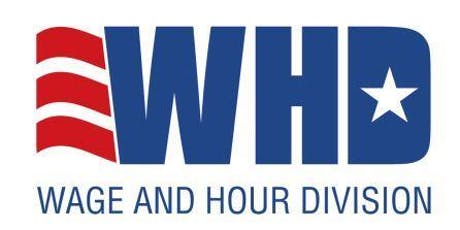
What Changed?
The Temporary Rule contained an incorrect calculation of hours worked in a particular scenario (see Federal Register page 19329, the first column). WHD revised its prior calculation from “7.5 hours” to “6.5 hours.” In addition, WHD made eight other changes throughout Part 826 of its Rule implementing the Families First Coronavirus Response Act (FFCRA). These additional corrections address text with incorrect cross-references, omitted titles, an omitted comma, and capitalized, for consistency, references to the phrase “Subject to a Quarantine or Isolation Order.”
You think WHD was in a hurry to get its Temporary Rule out the door to advise regulated employers about this new pandemic statute as it applied to the Fair Labor Standards Act?
Friday, April 10, 2020: NLRB Now Delays Final Rule Effective Date
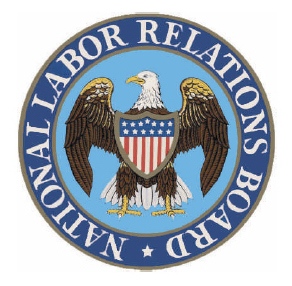
Friday, April 10, 2020: NILG Conference Cancelled

Save the Date for Next Year!
“Strike a Chord for Equality and Compliance” from Sunday, August 1 – Wednesday, August 4, 2021 at the Omni Hotel in Nashville, Tennessee. (Note the Sunday start date).
Friday, April 10, 2020: USDOL Announced Guidance on Unemployment Compensation
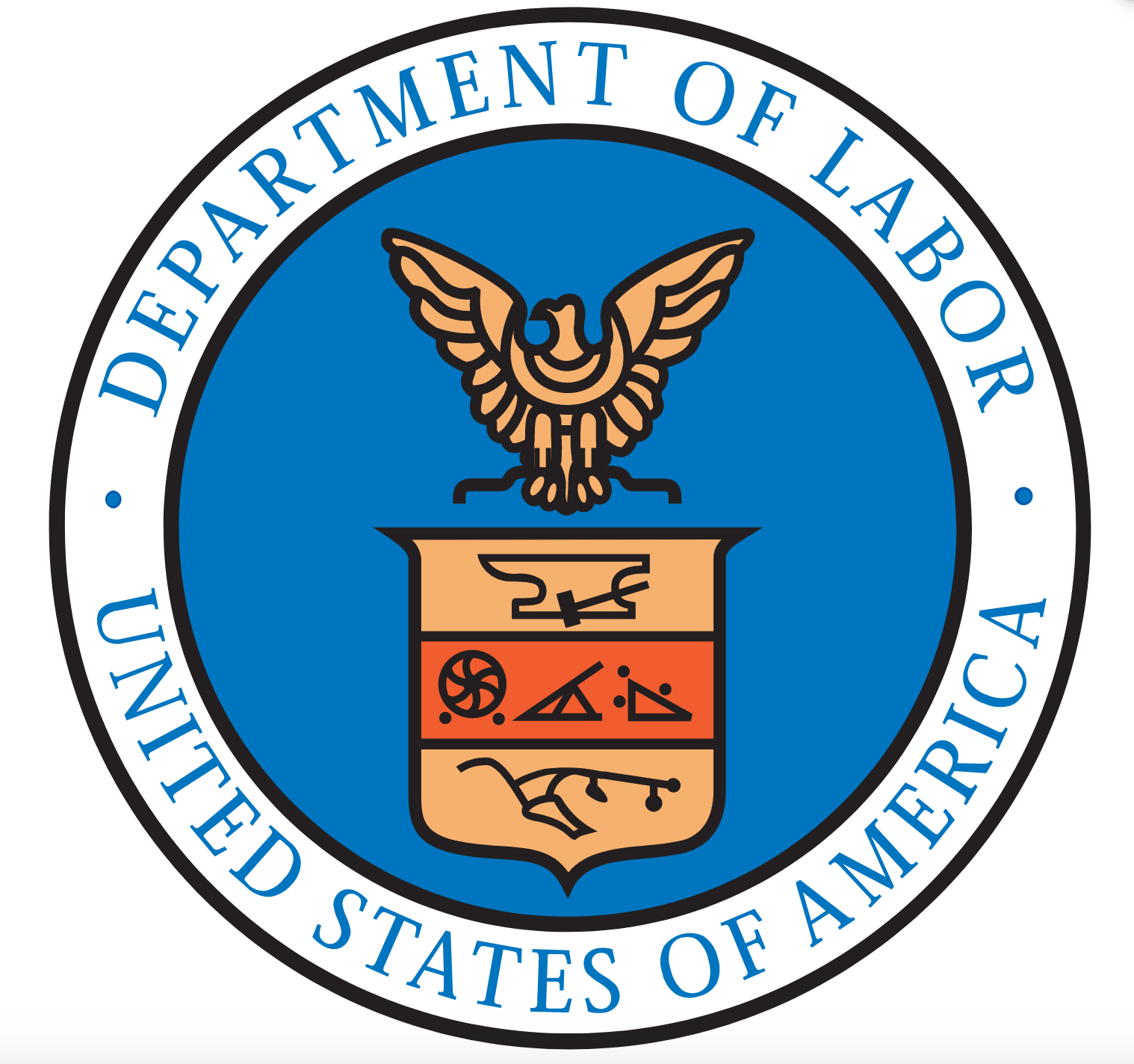
We have no comment on the wisdom of the acronym for this new unemployment compensation program.
Friday, April 10, 2020: OSHA Issued Guidance on COVID-19 Reporting

Under OSHA’s recordkeeping requirements, COVID-19 is a recordable illness, and employers must record all cases of COVID-19, if the case:
- Is confirmed as a COVID-19 illness;
- Is work-related as defined by 29 CFR 1904.5; and
- Involves one or more of the general recording criteria in 29 CFR 1904.7, such as medical treatment beyond first aid or days away from work.
For further information and resources about the coronavirus disease, visit OSHA’s COVID-19 webpage.
THIS COLUMN IS MEANT TO ASSIST IN A GENERAL UNDERSTANDING OF THE CURRENT LAW AND PRACTICE RELATING TO OFCCP. IT IS NOT TO BE REGARDED AS LEGAL ADVICE. COMPANIES OR INDIVIDUALS WITH PARTICULAR QUESTIONS SHOULD SEEK ADVICE OF COUNSEL.
SUBSCRIBE.
Compliance Alerts
Compliance Tips
Week In Review (WIR)
Subscribe to receive alerts, news and updates on all things related to OFCCP compliance as it applies to federal contractors.
OFCCP Compliance Text Alerts
Get OFCCP compliance alerts on your cell phone. Text the word compliance to 55678 and confirm your subscription. Provider message and data rates may apply.

